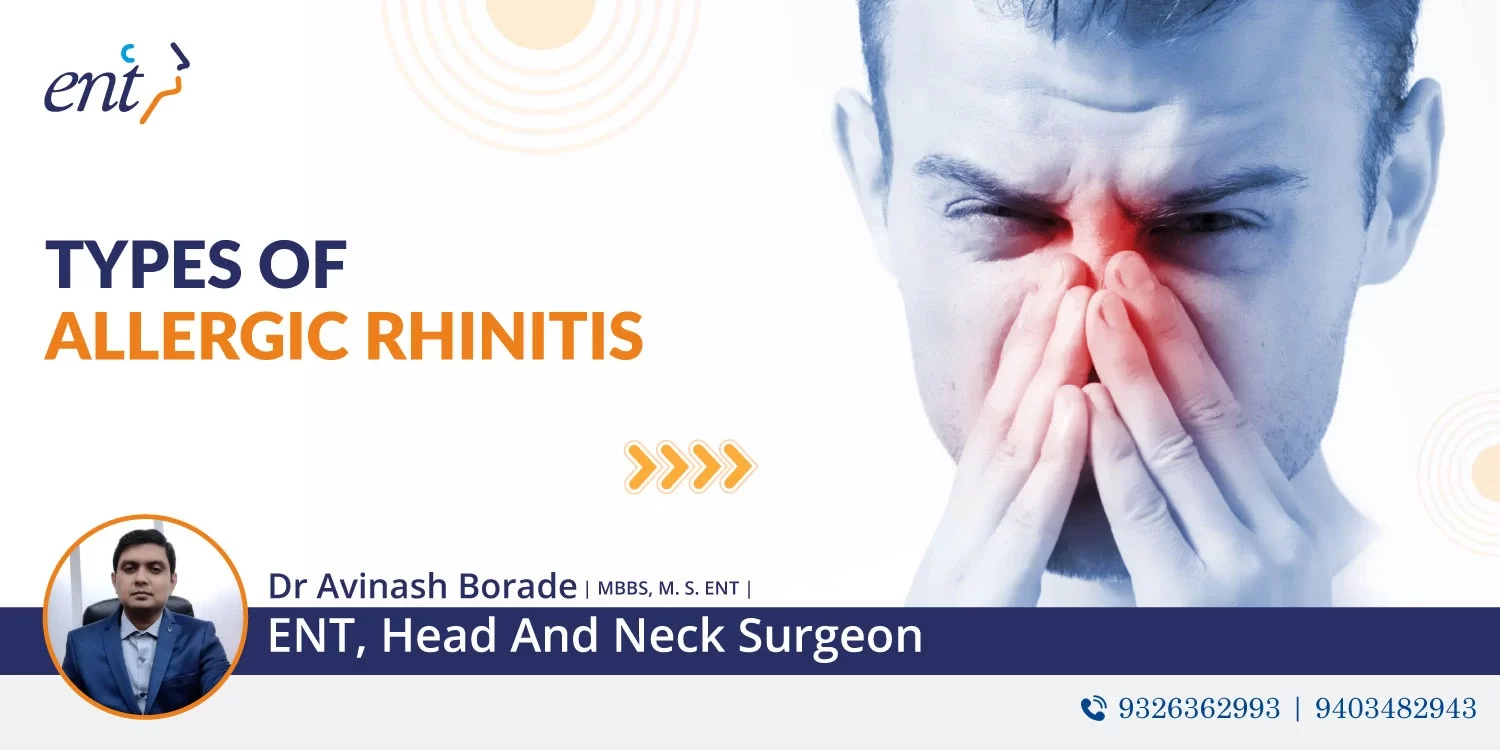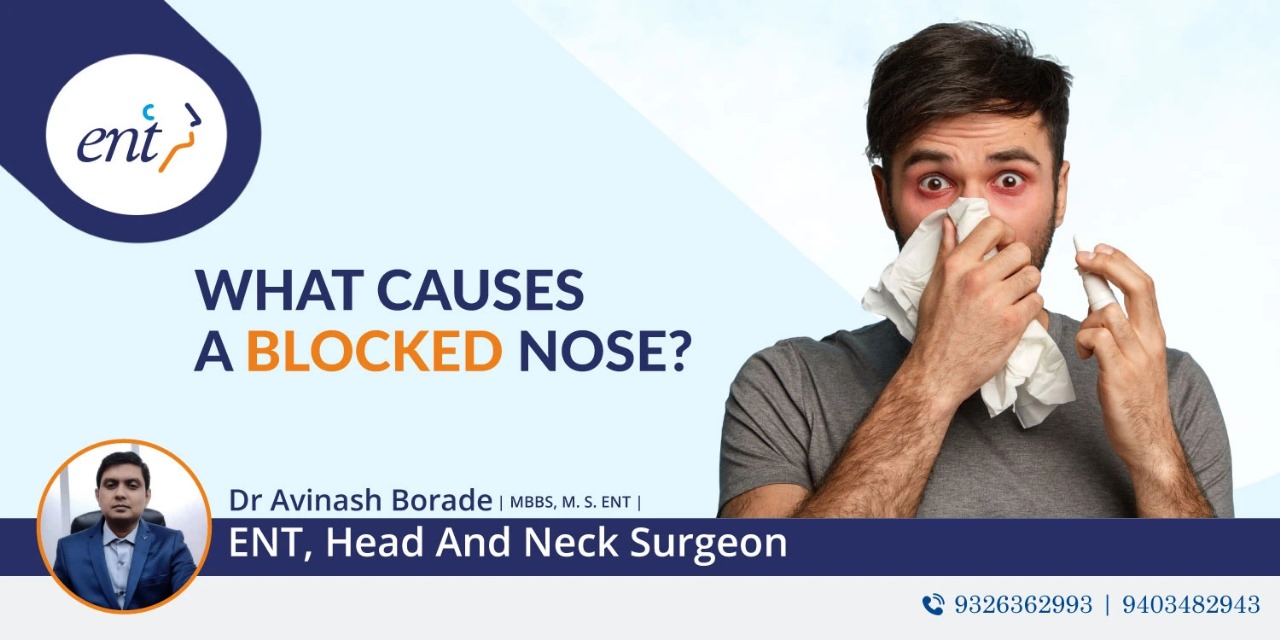Types of Allergic Rhinitis
Commonly called hay fever, allergic rhinitis refers to the allergic reaction that a person may develop from exposure to the particles in the air. It could be mold, pollen, pet dander, and other substances that can trigger your allergy. It’s not a life-threatening condition or an emergency, but allergic rhinitis can affect your quality of life. It’s best to see an ENT doctor in Navi Mumbai if you find yourself getting this allergic reaction often. Here’s all you should know about the types of allergic rhinitis.
Types of Allergic Rhinitis
1) Seasonal Allergic Rhinitis
This type occurs during specific seasons, particularly in summer or early fall when trees and weeds release pollen. If you have seasonal allergic rhinitis, you might observe your symptoms getting worse when you indulge in outdoor activities or when the pollen count is high. Symptoms include runny nose, postnasal drip, watery and itchy eyes, and sneezing. To prevent SAR, consider staying at home or limiting your outdoor activities when the pollen count is high.
2) Perennial Allergic Rhinitis
Perennial allergic rhinitis can occur at any time of the year and as frequently as you are exposed to the allergens. Unlike SAR, this one develops from indoor allergens, such as dust mites, mold spores, and pet dander. People with perennial allergic rhinitis might experience chronic nasal congestion, sneezing, and irritated throat. Identifying substances you are allergic to and limiting your exposure to them can help prevent perennial allergic rhinitis.
3) Occupational Allergic Rhinitis
As the name suggests, occupational allergic rhinitis occurs from exposure to irritants in a workplace. If you are involved in an occupation that exposes you to chemicals or strong fragrances, you might be more prone to developing occupational allergic rhinitis.
You might experience relief from the symptoms when you are away from work and on weekends. Improved ventilation in the workplace and wearing protective gear like goggles and a mask can relieve your symptoms. If they persist, it’s advisable to discuss work adjustments with your employer.
4) Episodic Allergic Rhinitis
You could be allergic to cigarette smoke, strong fragrances, pets, and other substances. Exposure to these can trigger allergic rhinitis, causing a sore throat, sneezing, runny nose, and watery eyes. Stay away from the things that may trigger allergic rhinitis and keep antihistamines with you just in case you develop the allergic reaction.
Treatment Options
Medication is the best way to relieve your symptoms. Antihistamines are available as nasal sprays, eye drops, and pills. They can help with runny nose and sneezing. For nasal congestion, you can get decongestants.
Immunotherapy is another effective allergic rhinitis treatment in Navi Mumbai for people who want a permanent relief. Your doctor will administer immunotherapy shots containing a small amount of allergen. The goal is to enhance your body’s ability to tolerate the allergen and avoid reacting to it.
Conclusion
Knowing the types of allergic rhinitis may help you know what’s causing it and steer clear of the allergen. If it’s perennial or occurs too frequently with severe symptoms, consider consulting a professional ENT doctor to get a personalized treatment plan.













